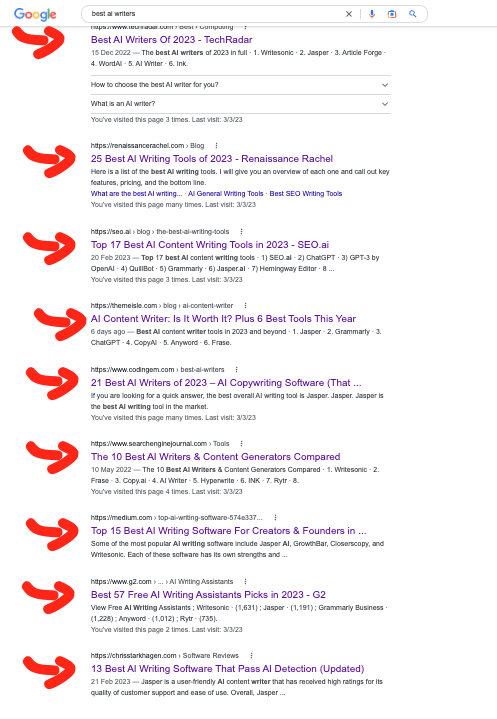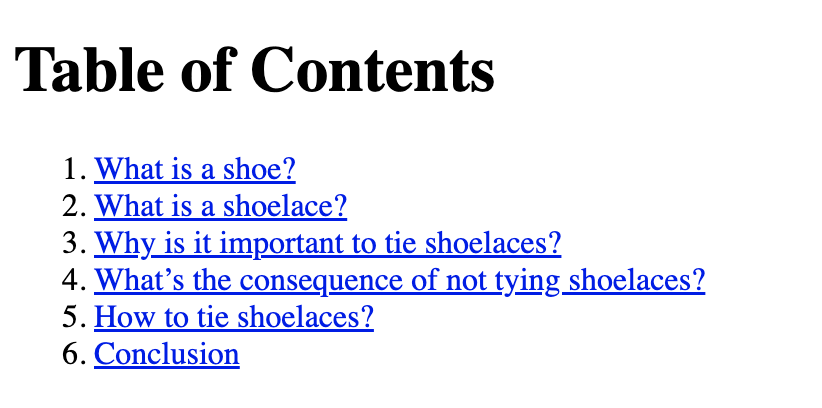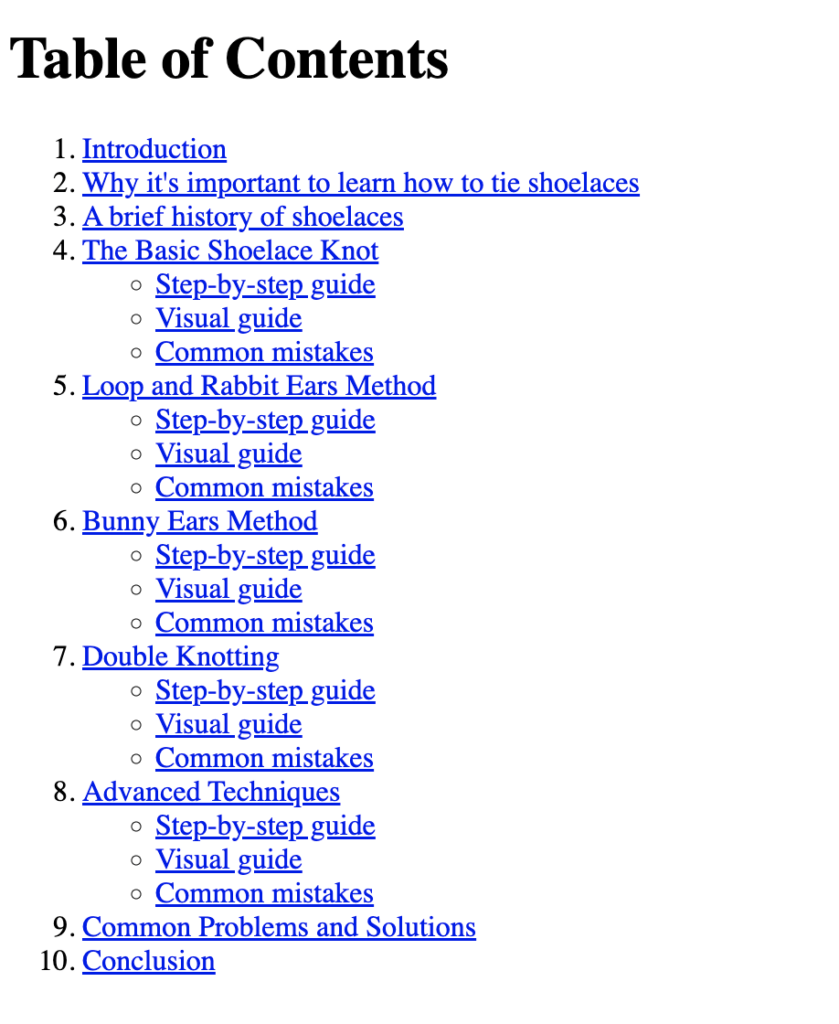When it comes to writing a blog post, one of the most common questions is: How long should a blog post be?
The answer is simple. Forget about word count—focus on providing the most comprehensive coverage of the topic. Usually, this means writing the longest post about the topic on the entire internet.
As an experienced blogger, I rarely have posts with less than 2,000 words do well. My top-performing articles are always 5,000+ words in length.
The ideal blog post length is not a fixed number of words. Instead, it’s a length that enables you to delve deeper into the subject matter than any other online resource.
In this article, I’ll explore why longer posts tend to perform better, and why you shouldn’t focus on the length of the post but the quality instead.
Write Long-Form Posts. Always.
To become a successful blogger, you need to write long-form a-to-z guides. There’s simply way too much competition for those short 500 or 1,000-word pieces to rank high.
I’m sure you’d love to see the exact number of words to write. But unfortunately, that’s not how blogging works.
As a matter of fact, aiming for a particular word count might even backfire. If Google notices you are writing content to only rank high, they might punish you for doing that.
That’s why it’s always important to focus on writing in-depth blog posts. Don’t stop before you’ve covered absolutely everything about the topic.
Any Estimates, Please?
Luckily, there’s a correlation with which you can get a rough word count estimate: The more in-depth the content, the longer it tends to be.
By applying this, you can get a (topic-specific) estimate of the number of words to write in a post.
Open up competing blog posts in the top 10 search results and analyze their word count. Figure out the longest post in the top 10 results. That’s the number you should “go for”.
By the way, you can use a free plugin like Word Counter Plus.
To count words with it, highlight a piece of text, right-click the highlight, and choose “Count words”.
Let’s take a concrete example of estimating the word count and time it takes to write about a particular topic.
Read also: How Long Should You Spend Writing a Blog Post?
Example
Let’s say you’re writing a blog post about “Best AI Writing Software” and want to rank high.
To rank high for this keyword, you should provide the most in-depth guide on the entire internet.
To get an idea of what it would take, let’s open up Google Search and search for it!

By opening up and counting the words in all the search results, I figured the 5th result is 11,000+ words in length. It’s the longest blog post of the bunch. (BTW, that’s the post I’ve written on my other blog.)

This (loosely) suggests you have no chance to rank in the top 5 with a shorter post than ~11,000 words.
Keep in mind there are so many other factors that contribute to ranking. Even if you wrote an 11,300+ word piece, you still might not outrank the top 5 posts on this topic.
If your blog is not in the niche (or hasn’t covered the niche well enough), Google might refrain from ranking your posts even if they were the absolute best. Luckily, the more time passes, the better your chances, assuming you regularly post niche-related posts on your blog.
Key takeaways
To get a rough estimate of blog post length you need to write:
1. Search for your topic on Google.
2. Analyze the word count of the top 10 pages.
3. Use a plugin to calculate the word counts for each post.
4. Write a more in-depth and detailed post than the longest one.
5. Enjoy a better chance to outrank the posts in the top 10.
Notice that the word count depends on the topic. Some topics are covered better than others. If there’s little competition, you can do well with a shorter 500-1,000-word post too 🙂
Forget Word Counts—Provide Value Instead
Treat each blog post like a small business. The blog posts that already exist are your competitors.
The only way to outrank your competitors in the search results is by providing the best piece of content about the topic.
Write a blog post that’s so good that it leaves no chance for a visitor to turn around.
When you’re doing research for potential blog post topics, open up Google results for those search queries and analyze the posts.
Are there some low-quality posts that lack the depth and knowledge you could bring in? Are there only scraped or AI-generated thin blog posts with no intention to be useful for the reader?
Here’s a great example of a thin blog post for “How to Tie Shoelaces”.

This post is clearly designed to rank high but not solve the problem.
If there are shorter posts that clearly don’t answer the search query, that’s where you might help. Write a blog post that covers the topic better than any one of the top 10 search results.
Here’s a sample outline for a post you might write for “How to Tie Shoelaces”:

By the way, if you have no expertise in the topic, you can always do research and build upon existing knowledge. Remember to be honest about this. Don’t pretend to be an expert if you are not.
Wrap Up
Make your posts just as long as they need to be to be the most detailed and best resource on the internet.
